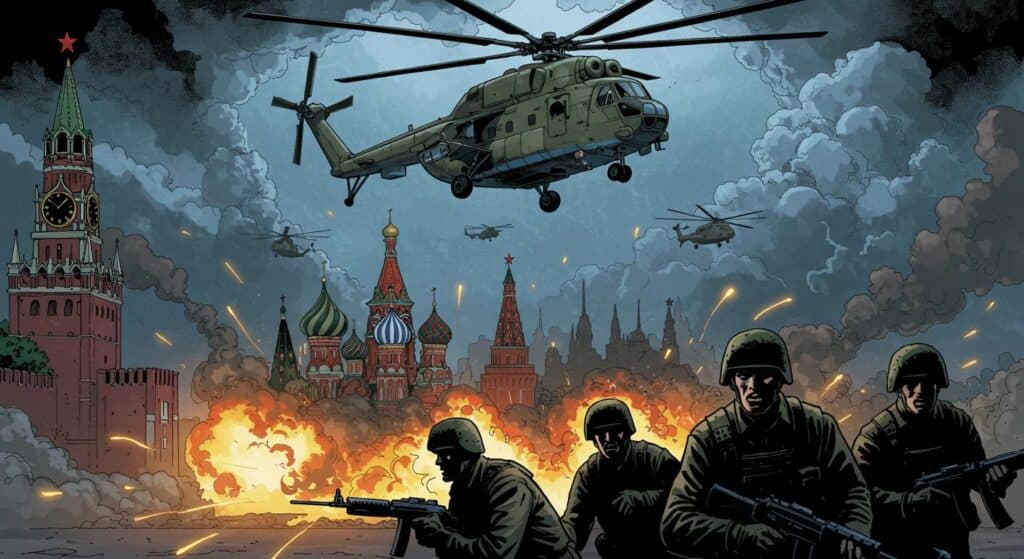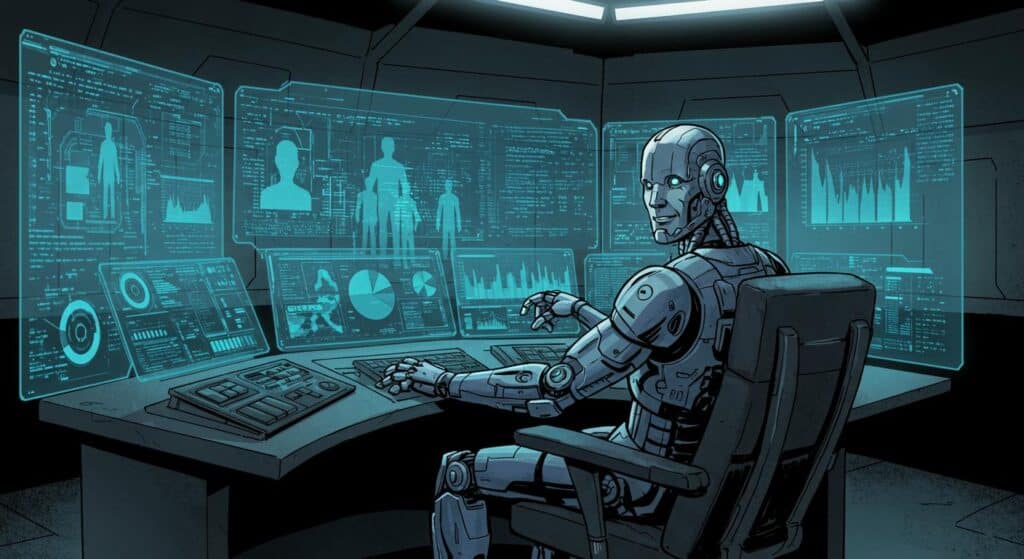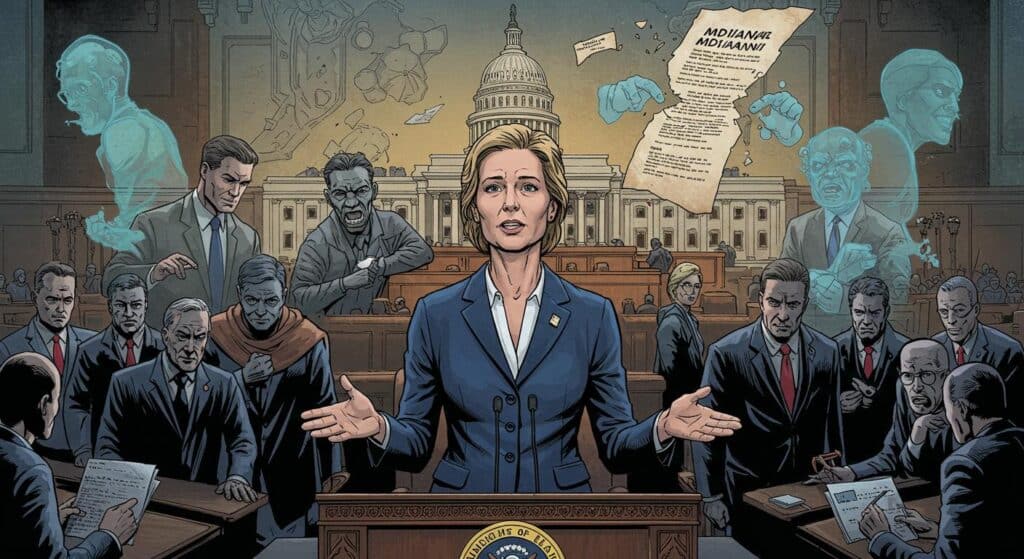There’s a particular brand of irony best served cold, preferably after 25 years underground. This week in Voronezh, Russia, a time capsule stashed away in 2000 reopened to daylight—its contents broadcasting a message that manages to be both achingly sincere and, apparently, too awkward for modern ears. According to Novaya Gazeta Europe, the letter unearthed at the ceremony laid it out plainly: “We don’t need wars. No one needs them. We have lived through many — the Civil War, World War II, the war in Afghanistan, the Chechen War. Let them be remnants of the 20th century.”
Yet, as local blogger Yury Rodionov pointed out and the ceremony’s footage confirmed, Sergey Petrin, the city’s mayor, seemed to treat that thoughtful wish as an off-key note in an otherwise rousing tune. Instead of reading or referencing the anti-war passage at the public event, Petrin shifted attention to another section that called for making Russia “powerful again.” Citing what he described as current realities, Petrin noted that “the military operation is ongoing,” in reference to the invasion of Ukraine, and characterized the moment as a period where Russians must defend their “right to life and liberty.” The opening of this 25-year-old capsule also doubled as an occasion to bury a new one, intended for discovery on the 100th anniversary of victory in World War II—a neat, if somewhat recursive, passing of the torch.
Letters From the Past, Selectively Delivered
Time capsules are weirdly charming—a moment frozen for future strangers who may or may not care. In the context of Voronezh, the authors of the millennium message wrote in a brief lull between rolling wars, looking back at a century marred by conflict. Their concluding hope was simple: let war be a bygone problem for those living in a new era.
As Novaya Gazeta Europe detailed, however, the city’s official response felt almost surgical in its selectivity. The mayor shared video of the unsealing on Telegram and highlighted a vision of Russian strength, while words about tireless cycles of violence were quietly omitted. It’s as if one portion of history gets a microphone while the uncomfortable chorus stands quietly in the wings.
Was this a slip, a calculated dodge, or just a sign of the times? With the backdrop of Russia’s ongoing involvement in Ukraine, there may not be many prizes for guessing.
The Echo of Absence: Peace Talks and Public Realities
Zooming out, the time capsule’s vanished plea fits into a bigger, bumpier landscape. Current headlines about Ukraine and Russia make the capsule’s hope for a “post-war” century feel like wishful thinking that’s a bit too earnest for today’s news cycle. Sky News has documented the latest rounds of peace negotiations, which have been characterized by staged delays, withheld conditions, and a distinct lack of straight answers. Ukrainian officials, for instance, have requested concrete proposals from Russia before sending a team to Istanbul for further discussions, while U.S. mediators threaten to step back entirely if a 30-day ceasefire can’t be agreed upon.
Layered over these geopolitics are real, tangible consequences. The same Sky News report features images and testimony of ongoing destruction in eastern Ukraine—burned-out buildings in Myrnohrad, devastated infrastructure, and persistent strikes causing civilian injuries. It’s precisely the kind of imagery the authors of the Voronezh letter wanted to see fade into the rearview mirror of history.
What’s striking isn’t just the repetition of violence, but the way message and reality keep drifting apart. Political statements hinge on words like “security,” “sovereignty,” and “necessity,” deftly sidestepping the raw language of war much like the mayor did with the time capsule message. The persistent refusal by key figures to clearly articulate uncomfortable realities is echoed both in trenches and town squares.
Selective Memory or Reluctant Honesty?
There’s something compelling in history’s tendency to be both remembered and rewritten—sometimes in the same ceremony, sometimes by omission rather than invention. Choosing not to read a pacifist letter aloud at a war-adjacent public event: an act less of forgetting than of curated silence. It raises questions about who, exactly, these messages are for. Us? The future? Or just the next official charged with digging up the box and deciding what is—yet again—safe to say aloud?
Perhaps the most lingering irony is that even as peace appeals are unearthed, the underlying conversation hasn’t shifted. Instead, familiar themes cycle through these moments, occasionally surfacing, often submerged. Do we imagine the next capsule, due up for air in a couple more decades, will feature a message finally heard—one that resonates, or simply another hope patiently waiting its turn to be skipped?







